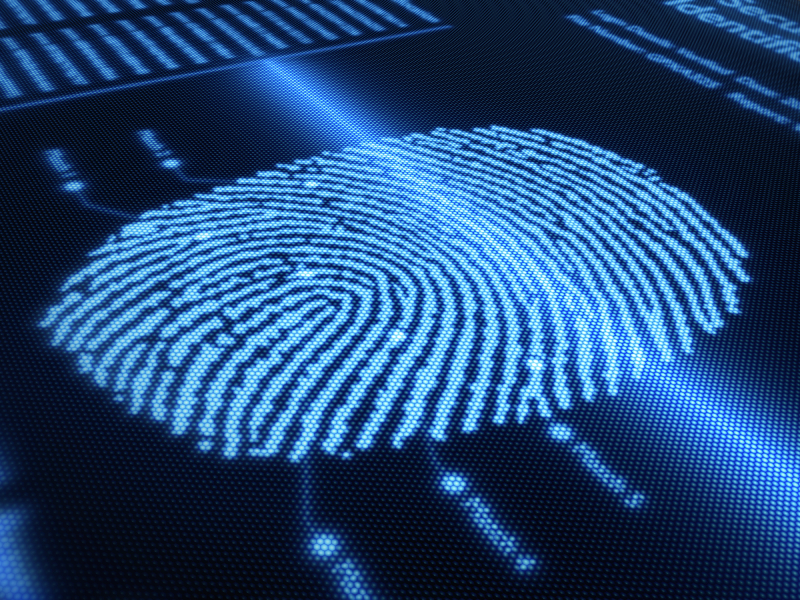|
Biometric authentication has been around for a long time in its simplest form – fingerprinting. Taking criminals’ fingerprints has been popular since the mid-1800s as an efficient way to identify people based on biological attributes. Technology has come a long way in the past 200 years, with biometrics and the internet of things developing a tight connection. Fingerprints and facial recognition are now used to authorize payments and unlock cars, while, through voice recognition, you can speak to your own digital assistant. In an even bigger shift, some are based on signals received from the brain and heart, although, overall, variables such as aging could cause errors at some point. To make this work, users’ unique identification traits are collected and stored in a database. This could cause harm in the future, because the biometric data may be used against their will. Considering the ongoing discussion about lax IoT security and the lack of universal security standards, the consequences could be critical if hackers get their hands on the data.
The close-knit relationship between big data, biometrics and the internet of things will greatly influence our lives on all levels. Our society will soon become reliant on this relationship, as IoT and biometrics will be embedded into every activity and business. “Soon enough we will live in a cashless world because this is a key element of our future. For example, in Russia there are many projects to make cash obsolete and head towards becoming a cashless economy,” Lev Khasis COO and First Deputy CEO, Sberbank explained in a panel talk at WebSummit last week about smart identities, IoT and biometrics. Nowadays, people use smartphones for most anything, including payments. Within seconds, they can transfer money anywhere in the world. Khasis forecasts that physical identification methods will be obsolete in the near future, as smartphones and wearables are only a temporary solution for authentication and better methods need to be implemented. “This is only the tip of the iceberg for innovation technology, as devices will most likely have their own identities. Take a look at drones. This will have great impact on services and the technology coming out. However, consumers should come first. Manufacturers and service providers should address their needs and concerns.” Biometric fingerprint readers are making payments easier in Russian retail, while Mastercard in partnership with BMO Financial Group rolled out fingerprint and selfie payment technology in the US and Canada. It is not only a matter of privacy and surveillance, but also a question of payment- and data security. Spoof attacks are probably right around the corner, just waiting to happen. When asked about the value big data holds, Khasis believes it “is like oil for the new economy.” Looking at recent hacks of the SWIFT system and numerous breaches of banks around the world, should users trust financial institutions with their personal information and biometrics? Better yet, should banks have full control over big data? Source: Hot for Security powered by Bitdefender Comments are closed.
|
Protect from RansomwareBuy Bitdefender now RECOMMENDED READINGs
All
|
For BUSINESS: Gravityzone Advanced Business Security
We are a certified Sales Partner (more than 8 years), not principal
Copyright © 2024 We are a Gold Partner of Bitdefender.
Website managed by 57Network.com


 RSS Feed
RSS Feed
